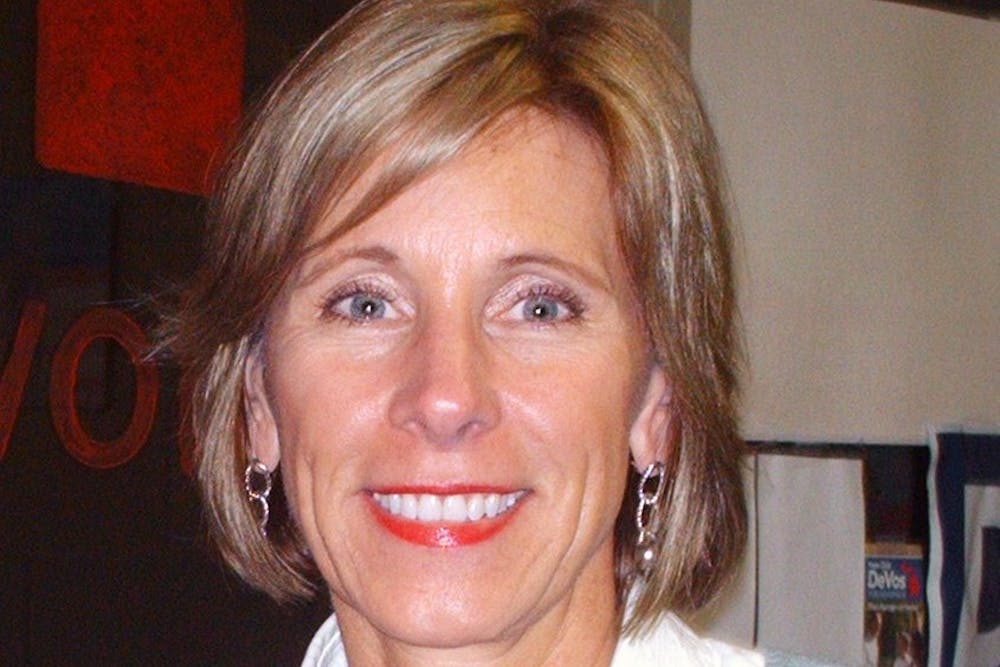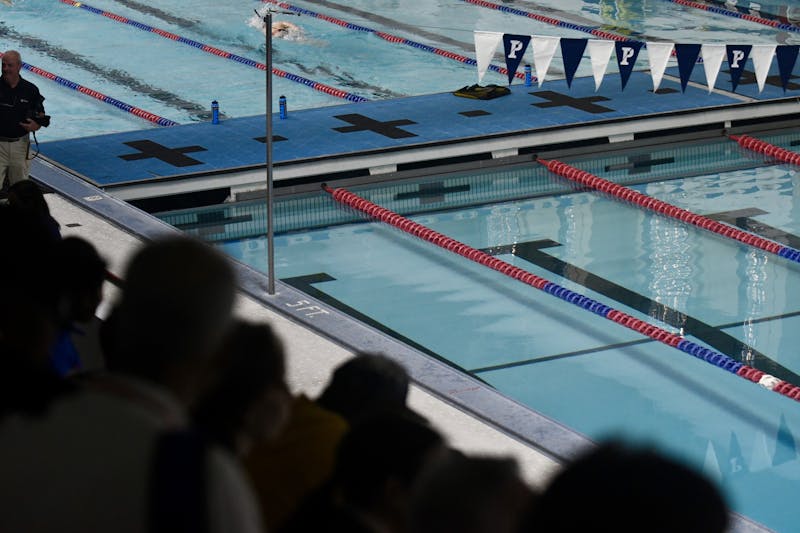
Immigration, health care and foreign policy have dominated the news cycle in the first weeks of President Donald Trump's term. Unusually, education has joined the mix as a prominent concern due to the controversy generated around the appointment of Secretary of Education Betsy DeVos.
DeVos’ confirmation stirred debate for a number of reasons, including her support of voucher programs and charter schools, the $200 million her family potentially donated to Republicans and viral video of her confirmation hearings where she appeared to not recognize the difference between "proficiency" and "growth," two elements of a recurring debate in higher education.
Vice President Mike Pence's vote was required to break a tie in the Senate, the first time a vice president has ever needed to do so for a cabinet nominee.
Just as DeVos’ confirmation hearing covered a range of topics, Penn students, faculty and administrators brought up issues running the gamut from voucher programs to student loans when they considered the effects of DeVos’ appointment on Penn and the U.S. education system as a whole.
Dean of Admissions Eric Furda noted the potential for DeVos’ agenda and policies to alter the administration of student loans and the makeup of applicant pools down the line.
“The seniors, juniors, sophomores and freshmen in high school right now are probably already on a path that’s not going to be influenced all that much either positively or negatively,” Furda said. “But when you talk about the much broader arc of education policy or what’s set as priorities from the federal government, there could be a lag, but that could have a very big impact on the applicant pools of particular types of institutions.”
Furda emphasized that even though his position as an admissions dean places him towards the end of students’ educational paths, he uses his various platforms — such as his personal and Huffington Post blogs, Sirius XM radio program and a Coursera course on how to apply to college — to close the information gap for students applying to postsecondary education.
“Higher education quite often is put in the position that we are the last chance to catch up,” Furda said. “We have a great responsibility as an institution that has so many resources, while also recognizing that there’s a very long runway that at any
Graduate School of Education Senior Lecturer Anne Pomerantz examined the influence DeVos could have on the many educational issues beyond Penn, specifically the effect of voucher programs on Philadelphia public schools.
“It’s a tremendous systematic concern because if you’re siphoning off children who are perhaps the least expensive to educate … you’re both taking money out of the public system and making the public system responsible for the children who need the most support,” Pomerantz said. “It’s just going to create greater inequities.”
Pomerantz viewed the contentious debate over DeVos’ appointment as an opportunity for parents, teachers and community members to inform themselves about the consequences of DeVos’ policy proposals.
“I would hope that some of the pushback really energizes communities to look closely at what’s happening, particularly in low-income communities of color,” Pomerantz said. “Privatization really hasn’t touched wealthier communities, so it will be interesting to see if some of the energy and
“[DeVos] doesn’t really know what it’s like to be at a public school and the real problems that teachers face in these schools,” College sophomore Jesse Berliner-Sachs said. “She doesn’t know the laws that are on the books right now that she’s supposed to enforce.”
Berliner-Sachs said he believes DeVos’ advocacy for alternatives to public schools could translate to a decrease in the quality of the public-school system, subsequently resulting in a decline in applicants of certain backgrounds to Penn.
“When public schools have less funding, that means there’s going to be
Penn College Republicans did not respond to multiple requests for comment on this article.
The Daily Pennsylvanian is an independent, student-run newspaper. Please consider making a donation to support the coverage that shapes the University. Your generosity ensures a future of strong journalism at Penn.
Donate






